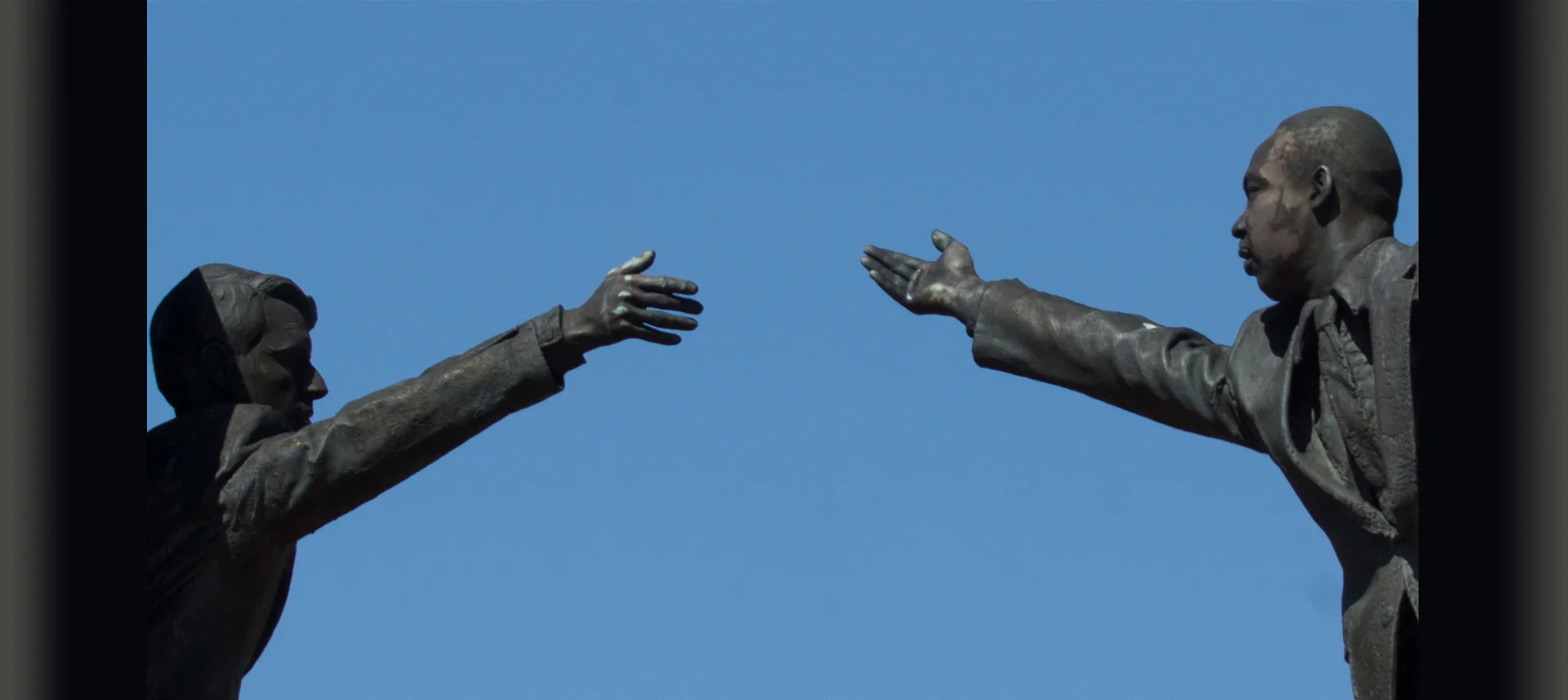“Do they know about Martin Luther King?”
Off microphone, just before he addressed the crowd, Kennedy can be heard asking about the crowd’s knowledge of King’s death. It was 1968, and news moved much more slowly then. Those near the stage had been there for several hours. They did not know. Yet, many more streaming into the park had heard the awful truth, and were bringing with them their shock and anger. It was a volatile, combustible moment. And then, without notes, Kennedy began to speak…
“I have some very sad news for all of you.”
The reaction was immediate and visceral. Stunned by the revelation, the nearby crowd gasped. People pushed forward, everyone in the park locked onto Kennedy’s words.
They were simple words—direct, revealing, and yet they elevated everyone who heard them above their worst impulses, and delivered them to a place of reflection, forgiveness, and love.
“What we need in the United States is not division; what we need in the United States is not hatred; what we need in the United States is not violence and lawlessness, but is love, and wisdom, and compassion toward one another.”
Just over two months later, Kennedy himself would be assassinated, and the nation experienced another sudden, wrenching loss.
He will be remembered for many things but perhaps none endure as prominently as his memorial at Arlington National Cemetery, where the words he spoke in Indianapolis are engraved.
Because on that night, while cities across the nation erupted in violence, Indianapolis stayed calm. Kennedy’s speech reverberated across the city, working its way deep into the hearts of many, where its power has only grown.


